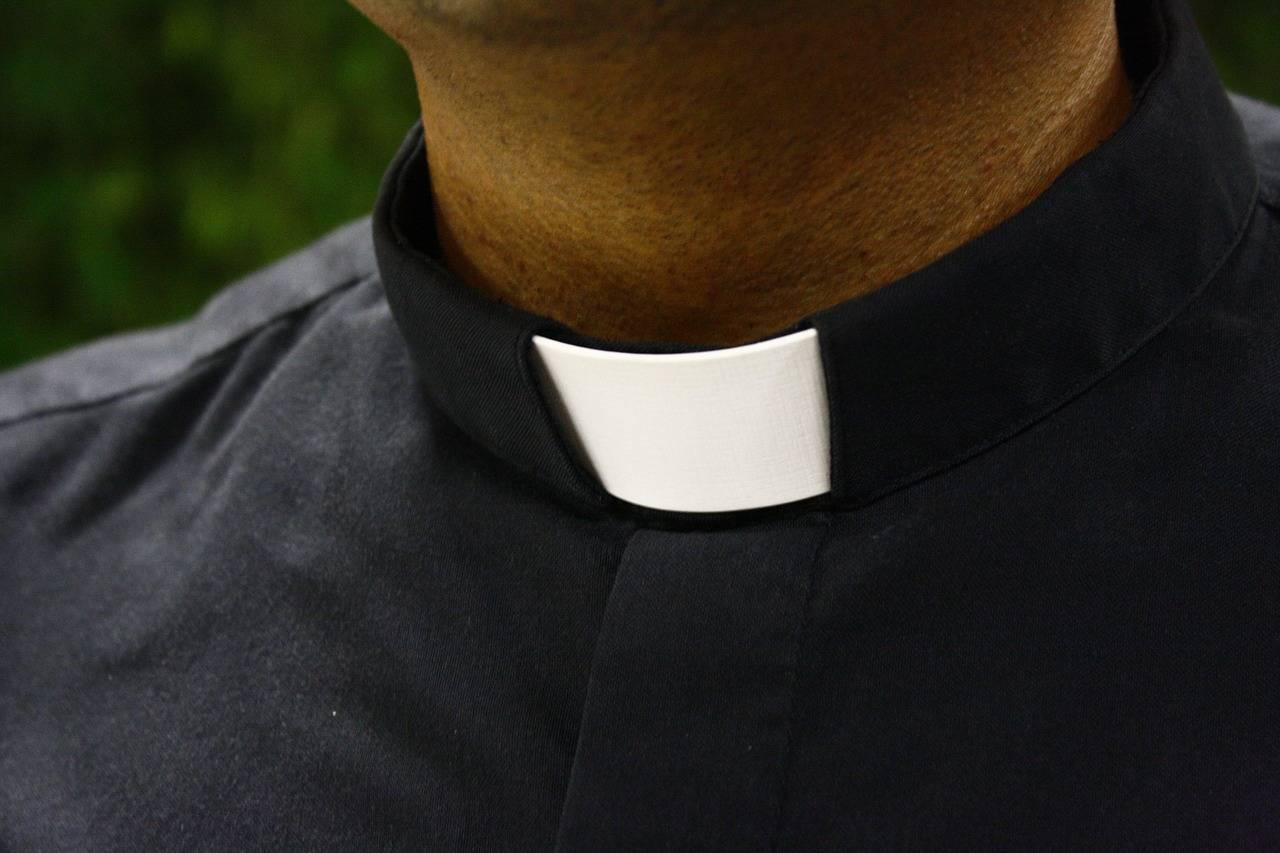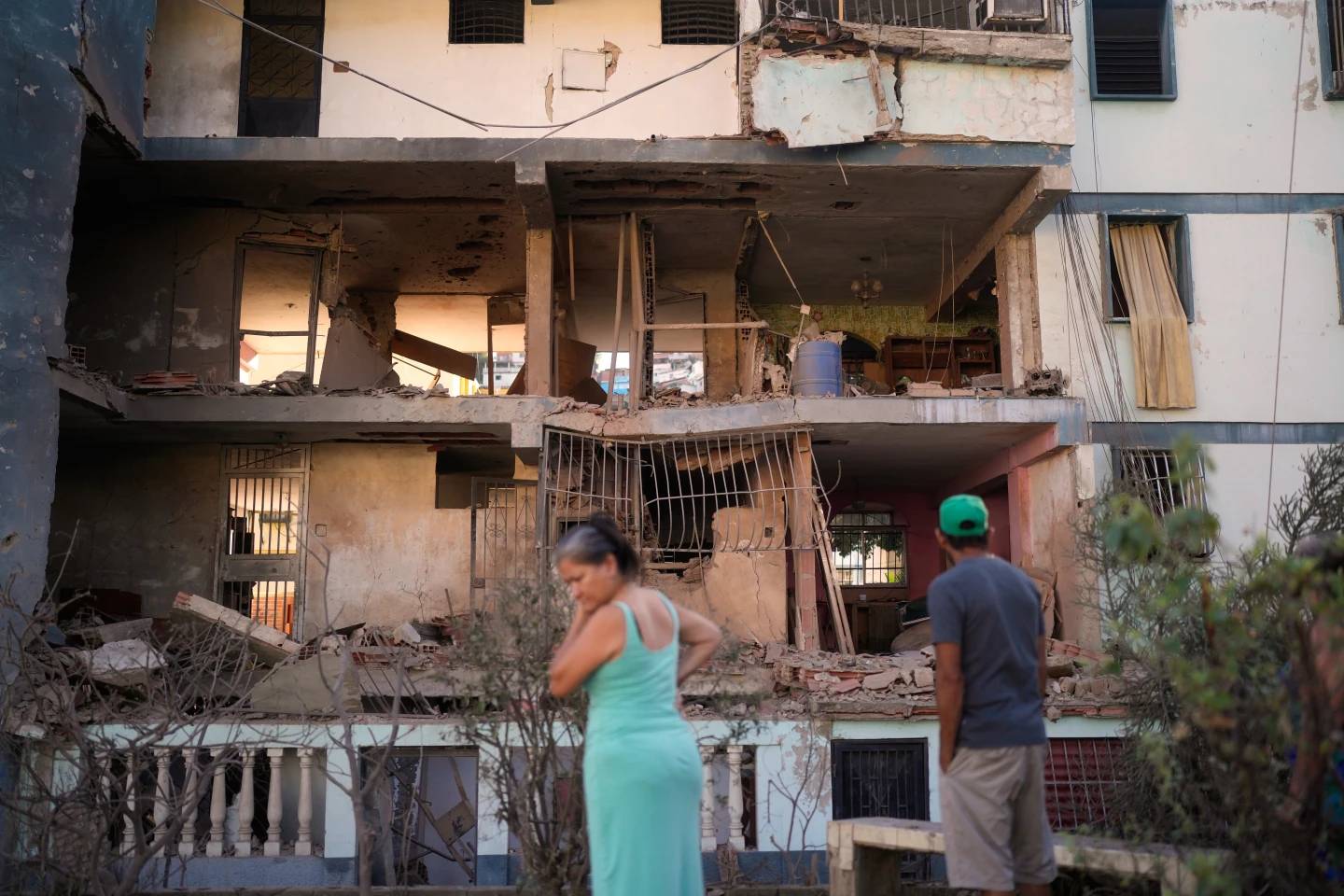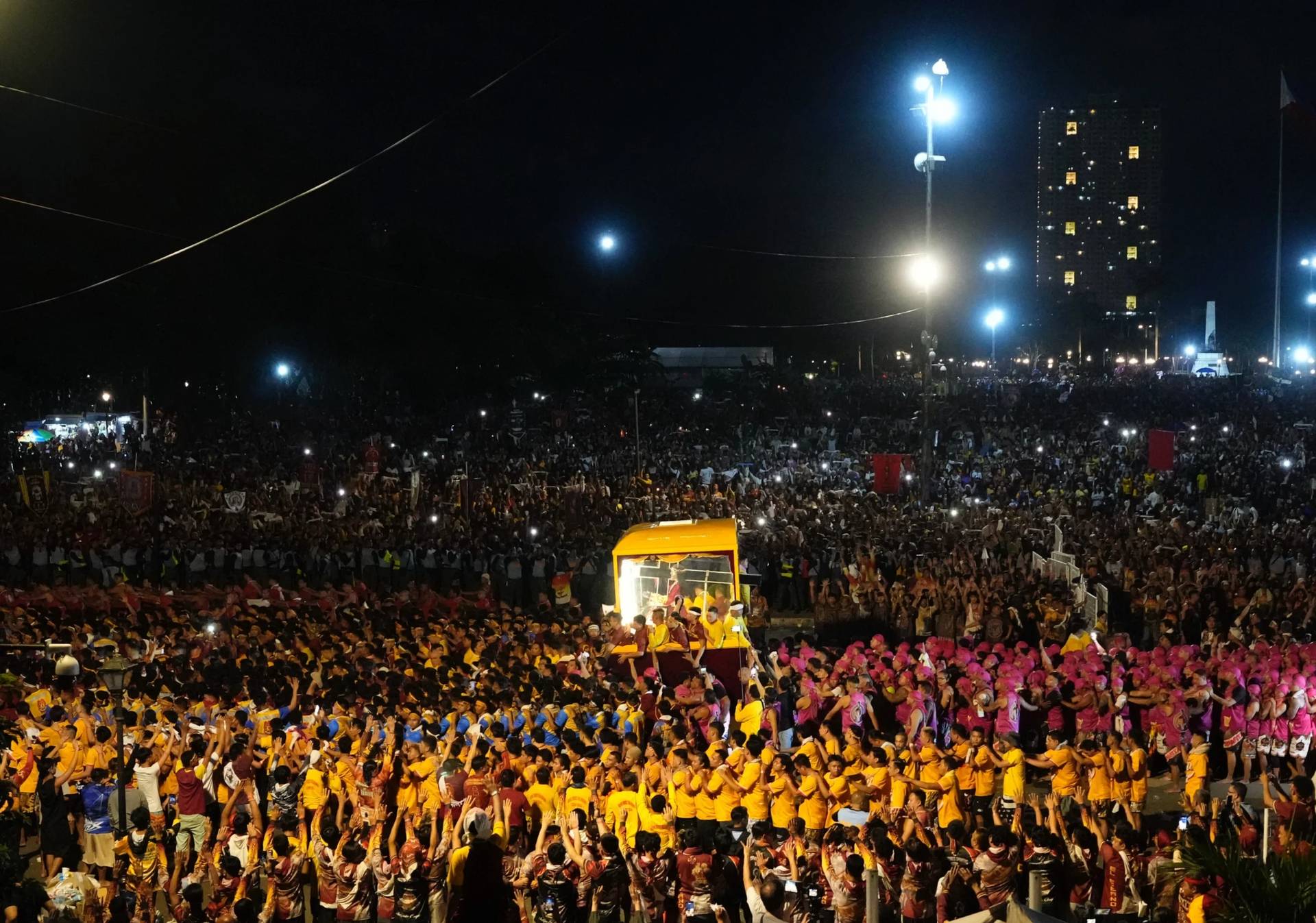SÃO PAULO, Brazil — Amid economic stagnation and political incertitude in Brazil, its most populous city, São Paulo, has seen a record rise in homelessness.
In 2018, there were an estimated 105,000 homeless people in contact with municipal social workers.
The archdiocese and members of Catholic lay movements have been making a huge effort to deal with the needs of homeless people, but they say the problem is getting worse.
According to the newspaper Folha de São Paulo, in 2016 the total number of users of services provided to the homeless was 63,200, meaning the homeless population increased by 66 percent in the last three years. This number includes every person who was approached by a city social worker or used any of the municipal services provided for the homeless.
“The political changes in Brazil since former President Dilma Rousseff was ousted, in 2016, have exacerbated the problem. Several social programs have been cut and the legislation is less protective of the workers now,” said Friar Agostino Theotókos, a lay member of the community Missão Voz dos Pobres (“Mission Voice of the Poor”), devoted to the pastoral work with disabled homeless persons.
“The economic problems have more effects on the most vulnerable people, such as women, children, LGBT people and the elderly, so many of them end up going to the streets,” he told Crux.
About 13.2 million people are currently unemployed in Brazil, or 12.5 percent of the working age population. Unemployment has often been cited by the homeless as the main reason why they lost their homes in 2018.
“In our daily work, we also hear many stories about elderly people who were exploited by their younger relatives and left their homes and about LGBT people who were not accepted by their families,” said Theotókos. Migrants also constitute a large proportion of the homeless population in São Paulo.
The Catholic presence in the social service network of the city is enormous. Most public shelters, soup kitchens and social centers for the homeless run with city government funds and are operated by Catholic institutions. But the Church also provides several services with its own resources and the help of volunteers. The archdiocese has an episcopal vicariate for the homeless and has built a chapel to be used specifically by them, with bathrooms and a kitchen.
Many congregations and communities also focus their works almost exclusively on the streets, such as Theotókos’ Missão Voz dos Pobres.
That is also the case of Missão Belém (Mission Bethlehem), a Catholic community founded in São Paulo by the Italian priest Gianpietro Carraro and the Brazilian nun Cacilda da Silva Leste, now also active in Italy and Haiti.
“We have been noticing a general increase in the homeless population. We used to welcome in our houses 100 people per week, but since the middle of 2018 the number jumped to 150,” said Caio Ferreira, one of the lay missionaries of Missão Belém.
According to Ferreira, the movement has assisted more than 60,000 homeless people in 14 years of activity.
“We currently have 1,400 former homeless people living in our communities. Most of them were addicted to drugs – particularly crack,” said Ferreira. Besides the drug addicts, Missão Belém communities welcome the elderly, people with mental health issues and other medical problems, and others – a total of 600 people.
“Our former homeless brothers take care of them. Our mission is precisely this one: To be a family for the people that don’t have one.”
Every month, Ferreira said, the missionaries of his community spend one week on the streets, among the homeless, sleeping and begging for food with them, in order to “be family with them and show them they can come with us.”
But many parishes in the city don’t share this perspective.
“The National Conference of the Bishops of Brazil and the Church in general are active in the struggle for the homeless people. But many priests in the city close the doors to them, saying that they can frighten the parishioners,” said Theotókos.
With a fierce political polarization in the country since the election of conservative President Jair Bolsonaro, who openly tries to emulate President Donald Trump, the advocacy for human rights is seen by many as a leftist project.
Catholic missionaries can, at times, be persecuted due to their activities on the streets, both for political reasons and for trying to protect people seen as criminals by large sectors of the society.
“I was detained in the past because I was trying to safeguard the people during a police operation in Crackland,” said Theotókos, referring to a large area in the central part of São Paulo where hundreds of homeless people spend day and night smoking crack.
But the hardships and risks that come with working with the homeless in a violent country such as Brazil don’t seem to discourage Theotókos.
He will conclude an undergraduate course in theology this year and later will start preparing for the priesthood.
“We really want to have a true relationship with these people. They’re not numbers for us. In our community, we don’t call them ‘homeless’, but ‘brothers and sisters’,” he said.
Crux is dedicated to smart, wired and independent reporting on the Vatican and worldwide Catholic Church. That kind of reporting doesn’t come cheap, and we need your support. You can help Crux by giving a small amount monthly, or with a onetime gift. Please remember, Crux is a for-profit organization, so contributions are not tax-deductible.

















